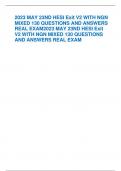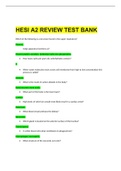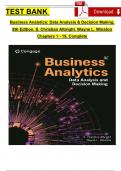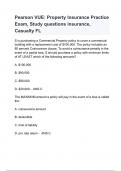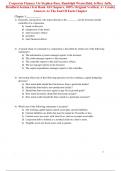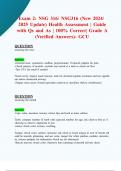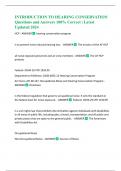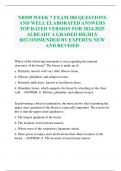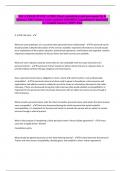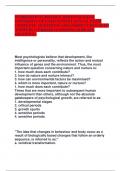Exam (elaborations)
2023 MAY 23ND HESI Exit V2 WITH NGN MIXED 130 QUESTIONS AND ANSWERS REAL EXAM2023 MAY 23ND HESI Exit V2 WITH NGN MIXED 130 QUESTIONS AND ANSWERS REAL EXAM
- Course
- Institution
2023 MAY 23ND HESI Exit V2 WITH NGN MIXED 130 QUESTIONS AND ANSWERS REAL EXAM2023 MAY 23ND HESI Exit V2 WITH NGN MIXED 130 QUESTIONS AND ANSWERS REAL EXAM The LPN/LVN is preparing to ambulate a postoperative client after cardiac surgery. The nurse plans to do which to enable the client to bes...
[Show more]
